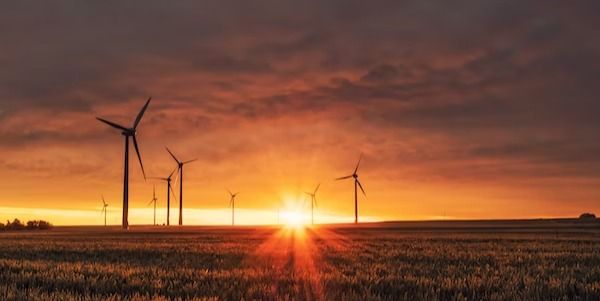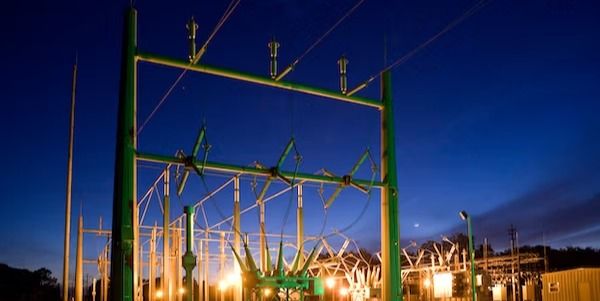Sustainability
We sincerely do it, rather than merely converse about it. While daring to imagine wider levels, we also choose to stay unchanged about our end goals which is to preserve a greener environment for generations to come and take the lead in creating an ecologically sound economy is a fundamental societal goal.
THE STATS CORNER
The nation's economy ranks among the most rapidly expanding in the world, and its projected rise in utilization of energy is significant. India's energy consumption is predicted to increase by 2.7–3.2 times, and per-capita energy demand is also anticipated to rise, according to the governmental policy analysis organization Niti Aayog. The administration has set a goal of lowering this import because the nation now imports about 77% of its crude oil needs. Additionally, it has set a goal to boost gas's role in India's energy mix. By means of the Oil Marketing Companies (OMCs), the government has plans to establish bio-CNG facilities. It intends to set aside Rs. 7,000 crore for the construction of the bio-CNG infrastructure, which would be distributed through the OMCs.

50+
Lorem Ipsum has been the industry's standard dummy text ever since the 1500s

100+
Lorem Ipsum has been the industry's standard dummy text ever since the 1500s

200
Lorem Ipsum has been the industry's standard dummy text ever since the 1500s

300
Lorem Ipsum has been the industry's standard dummy text ever since the 1500s
Renewable Energy for Sustainable Development At Gruner
By lowering greenhouse gas emissions, enhancing energy independence, and giving formerly energy-deprived populations a source of electricity, we play a critical part in sustainable development. Additionally, we promote revenue generation and job creation, both of which are crucial for sustainable development.


OUR SUSTAINABILITY GOALS
Many of the Sustainable Development Goals, notably crafting clean energy, decreasing the consequences of climate change, eradicating hunger, and advancing social justice, may be accomplished with the support of the biogas commerce.

Goal 3: Promote a healthy existence and foster wellness for everyone, regardless of any age.
Biogas may be used in place of solid biomass-based household energy to minimize pollution in the indoor environment. Wastewater and organic material can be treated and recycled to stop the transmission of illness and odors.

Goal 7: Ensure that everyone has access to modern, cheap, dependable, and sustainable energy.
Making use of indigenous releases and plant material for producing energy for use in countryside and handheld neighborhoods; decreasing reliance on energy sources based on fossil fuels by substituting with biogas; preserving leftover heat from generating components connected to biogas plants; and conserving natural gas for generation of energy when needed.

Goal 13: Quickly tackle the environmental crisis and its repercussions.
Mitigating deforestation by switching to biogas instead of substantial biomass-based home energies: • Harvesting pollutants from dumps.

Goal 15: Protect, restore and promote sustainable use of terrestrial ecosystems, sustainably manage forests, combat desertification, and halt and reverse land degradation and halt biodiversity loss
Restoring elements and biological material into the soil in the form of waste products biofertilizer by looping elements and biological material in organic debris through AD. Replacing timber as a residential fuel with biogas to prevent degradation
THE INDIAN PERSPECTIVE
The Indian government has set ambitious targets to reduce the country’s dependence on fossil fuels and promote the use of renewable energy. As part of this initiative, the government launched the SATAT (Sustainable Alternative Towards Affordable Transportation) scheme, which aims to promote the use of Biofuels in the country. In 2015, India signed the Paris Climate Agreement, which set a target to reduce the country’s dependency on fossil fuels by 30% by 2030. To achieve this target, the government has introduced a number of policies and initiatives, including the Biofuel Policy, which focuses on the production and use of biofuels in the country.



